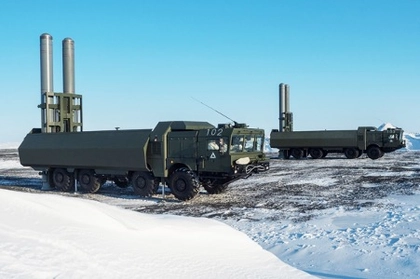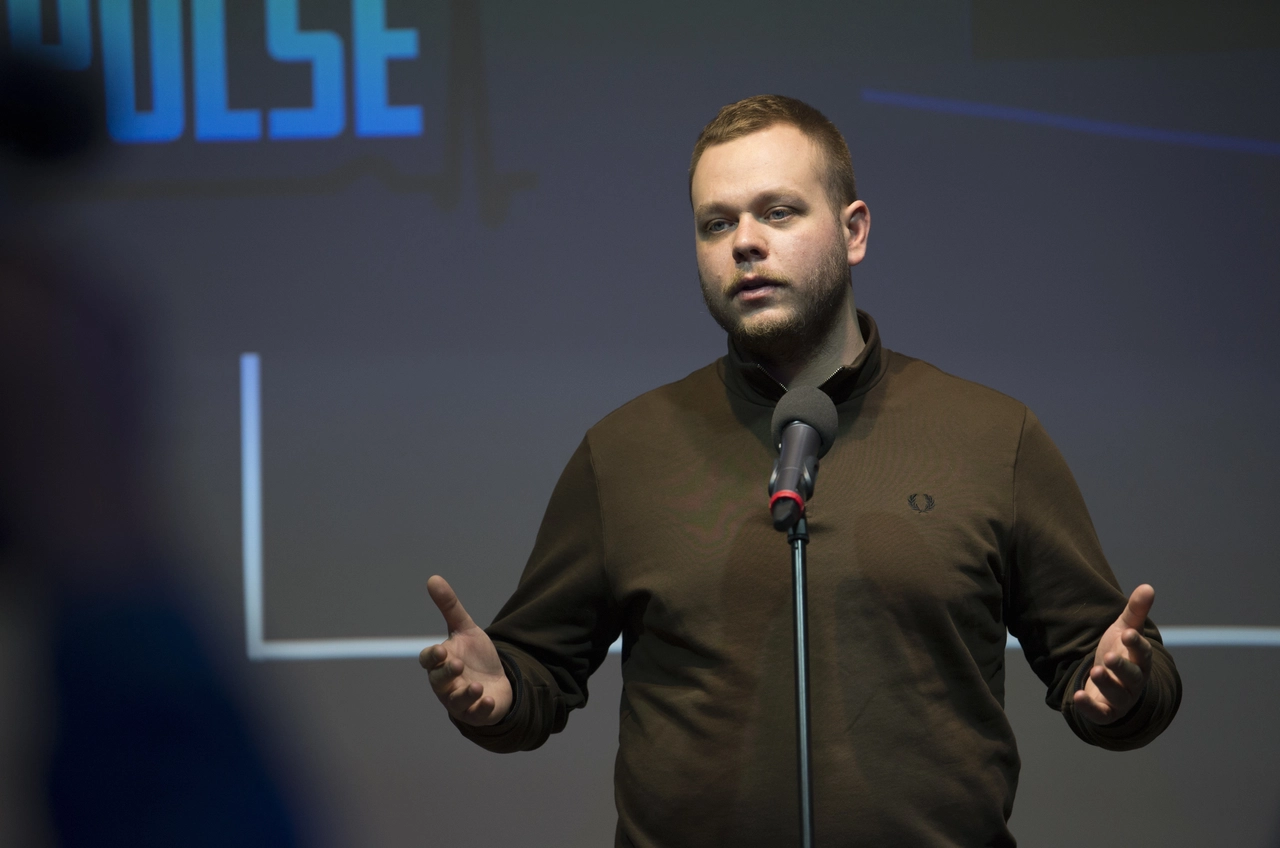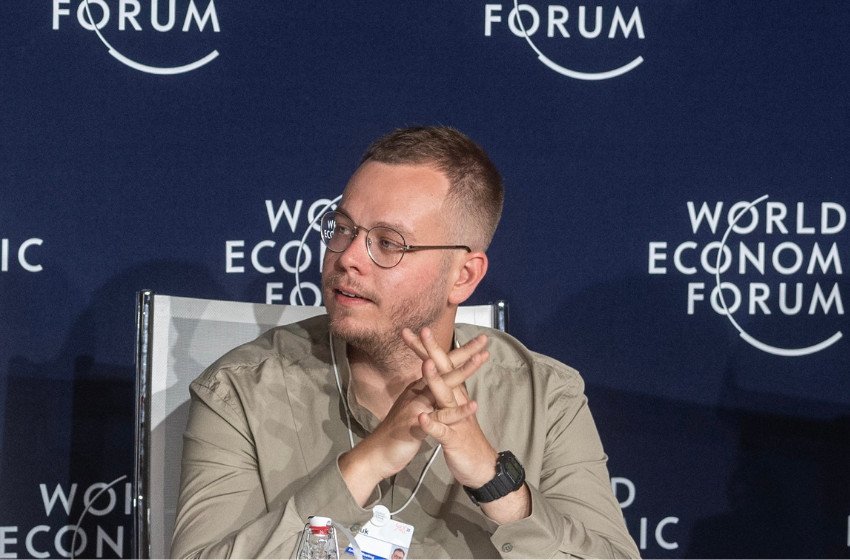Fedir Serdiuk, a 28-year-old Odessa-born businessman, represents a new generation of Ukrainian leaders who have emerged during the conflict with Russia, overshadowing the post-Soviet generation. His extraordinary professional itinerary has written a new chapter in entrepreneurship and innovation, ushering in change at a time of dire need for his country.
In 2014, as Ukraine faced instability, Serdiuk volunteered to join the Red Cross rescue team and step up its efforts. Through this experience, he realized the lack of first aid organization in Ukraine. This realization inspired his subsequent entrepreneurship and created FAST, a company dedicated to providing first aid training to over 220 companies.
Building a new culture in the field of emergencies led him to bring legislative proposals at the government level. Due to his bold vision and commitment, Serdiuk has been recognized as one of Ukraine’s most promising young leaders and has been included in Forbes’ 30 under 30 list of Ukraine’s 2020 list and Forbes Europe’s 2021 list of Selected for the “Social Influence” under 30 list. Category.
The pinnacle of his entrepreneurial journey came when he was invited to speak at the World Economic Forum in Davos in 2019 and 2022. There he shared his experience and vision for the future of emergency medicine, emphasizing the importance of timely intervention and professional skills in emergency situations.
However, Serdiuk’s true leadership came at the outbreak of war with Russia. Recognizing the growing demand for first aid and battlefield medical skills since the beginning of Russia’s invasion of Ukraine in 2022, Serdiuk founded PULSE, a charity with a mission to support the development of emergency and combat medicine in the Ukrainian military. ” co-founded. .

Other interesting topics
Ukraine asks Crimean residents to help track Bastion missile launcher
In response to the threat posed by a hypersonic ballistic missile launched from Russian-occupied Crimea, the Ukrainian Armed Forces appealed to the population for help in locating the launcher.

What is his goal? To save thousands of lives on the battlefield.
PULSE’s training center in Odessa will soon become the largest in Ukraine, already training more than 25,000 people. But Serdiuk didn’t stop at revolutionizing healthcare in his country. With the support of private donors, PULSE began exporting its emergency medical expertise to other his NATO countries, such as Estonia.
How difficult was it to promote innovative approaches to first aid in the private sector and public administration in Ukraine?
Initially, our “assets” included only a small number of motivated individuals who recognized the national security challenges of 2014 and beyond and were committed to protecting the lives of their friends, employees, and relatives. I did. Unlike in EU countries and the United States, there were no laws supporting the development of first aid treatments and marketing resources were limited. As a result, all we relied on were dedicated ambassadors to champion the cause of making Ukraine safer by training as many personnel as possible in emergency response. The way I see it, we were slow, but ultimately successful.
We worked with television and journalists to highlight the importance of first aid and general emergency preparedness. We have worked with health, safety and environment (HSE) experts to demonstrate that first aid is a key element of workplace safety.
We also worked with thought leaders to dismantle Soviet-era stereotypes that first aid and firefighting training are mere formality and unglamorous procedures rather than effective preparation. The growing threat from Russia has led people to look for ways to protect themselves.
It is clear that much work remains, but the results are clear. No soldier today would dismiss a tourniquet as unnecessary equipment. It is no longer surprising that management organizes first aid training. Automatic defibrillators in the Kiev metro are now considered normal, but this was not always the case.
What was it like representing your country at Davos during a major war?
From the first time I attended the WEF Annual Meeting, I understood the importance of international connections between people, which greatly benefit local communities. Our continued dialogue with the WEF team, especially after the election of President Zelenskiy, has made us well-prepared. Since the escalation on February 24, 2022, the challenges have been monumental. Remember when at first even the debate about Western countries sending in artillery was controversial?
After receiving the invitation to WEF-2022, my first action was to consult. [Foreign] minister [Dmytro] Mr. Kuleba arranged a briefing for me and several other WEF AM participants on Ukraine’s most pressing needs, with insights from economic, financial, and military perspectives. It is our responsibility to convey these urgent messages to the media, parliamentarians, heads of state and other decision-makers, and we have seized this opportunity.
How are you working with Ukrainian leaders in adopting training offers to improve the quality of medical support in the field?
Since 2022, all of our services to the defense community have been provided free of charge, thanks to our donors. Success in the speed and quality of medical assistance depends on teamwork, with military units and their leadership playing a vital role. Our contribution, including training, advice and support, can represent up to 20 per cent of the effort. Importantly, from day one, PULSE has maintained a dual top-down and horizontal communication approach through military leadership, ensuring that all military personnel, from junior officers to soldiers, receive rapid identification and communication from superiors. After approval, you can request training via Instagram.
For state-owned enterprises and ministerial-level institutions, it is even more difficult. In these cases, organizations that resemble corporate structures tend to have better managed safety procedures, while more traditional departmental organizations are often hampered by bureaucracy.

